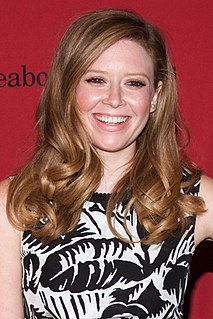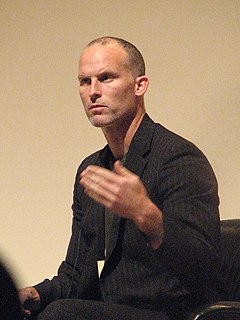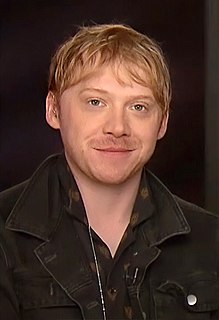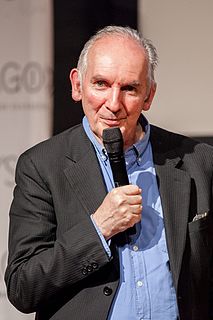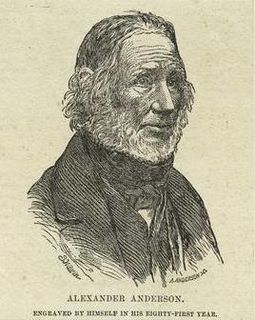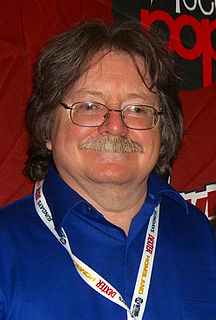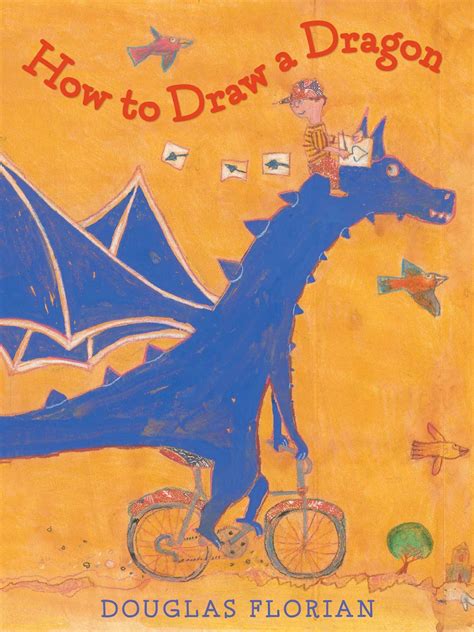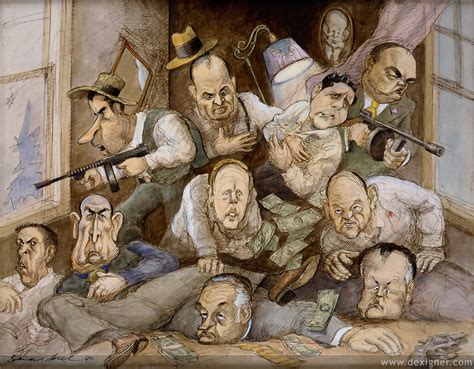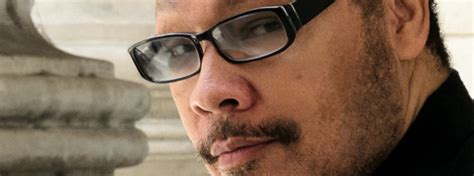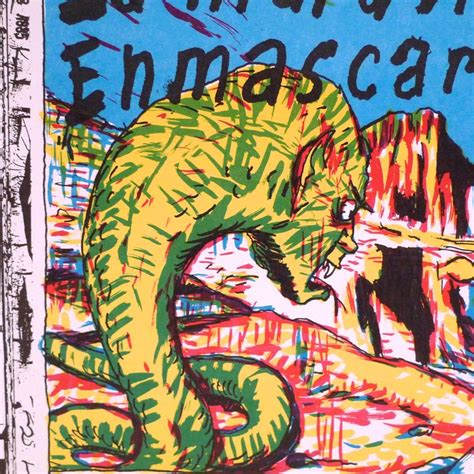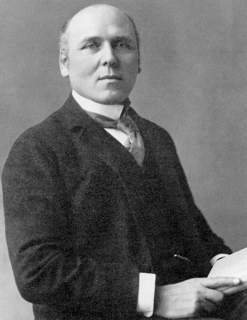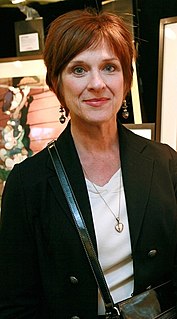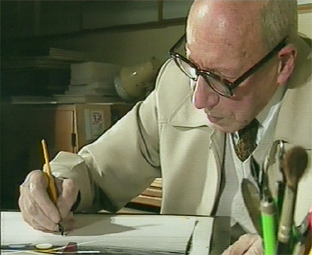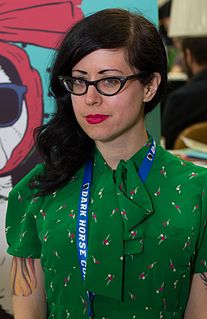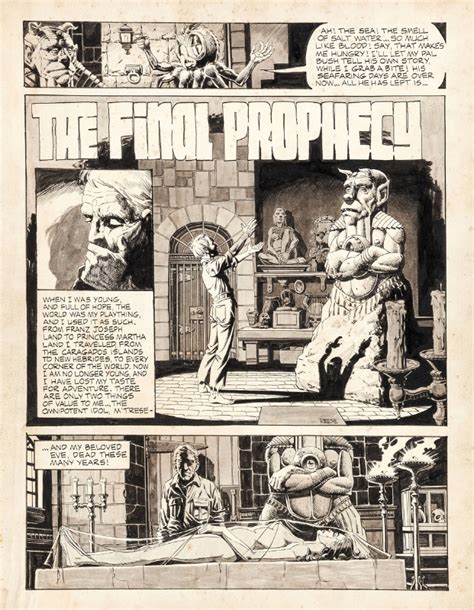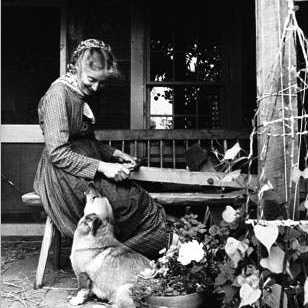A Quote by Dave McKean
The inspiration is all in the script, in the text. So whatever it is, either it is a film or a book to be illustrated, anything. Everything you need to know is in the text. So the thing is trying to find right tone and voice, the right style, the right way of expressing the emotions in a story or in the location of the story, but it is all in the text.
Related Quotes
With vocal and choral music, first and foremost, it's the text. Not only do I need to serve the text, but the text - when I'm doing it right - acts as the perfect 'blueprint', and all the architecture is there. The poet has done the heavy lifting, so my job is to find the soul of the poem and then somehow translate that into music.
With Orff it is text, text, text - the music always subordinate. Not so with me. In 'Magnificat,' the text is important, but in some places I'm writing just music and not caring about text. Sometimes I'm using extremely complicated polyphony where the text is completely buried. So no, I am not another Orff, and I'm not primitive.
Generally, the imagery and the text go hand in hand. It's much easier when the text comes first, but sometimes I need visual stimulation in order to find the words. I get an idea of what I want when I begin to shoot, and the text is usually the last thing to be resolved. I tend to leave the text open, and I refine the words up to the last minute. As for the image, I can resolve that and get that done fairly quickly.
Illustrations have as much to say as the text. The trick is to say the same thing, but in a different way. It's no good being an illustrator who is saying a lot that is on his or her mind, if it has nothing to do with the text. . . the artist must override the story, but he must also override his own ego for the sake of the story.
The discourse on the Text should itself be nothing other than text, research, textual activity, since the Text is that social space which leaves no language safe, outside, nor any subject of the enunciation in position as judge, master, analyst, confessor, decoder. The theory of the Text can coincide only with a practice of writing.
Literature can no longer be either Mimesis or Mathesis but merely Semiosis, the adventure of what is impossible to language, in a word: Text (it is wrong to say that the notion of 'text' repeats the notion of 'literature': literature represents a finite world, the text figures the infinite of language).





